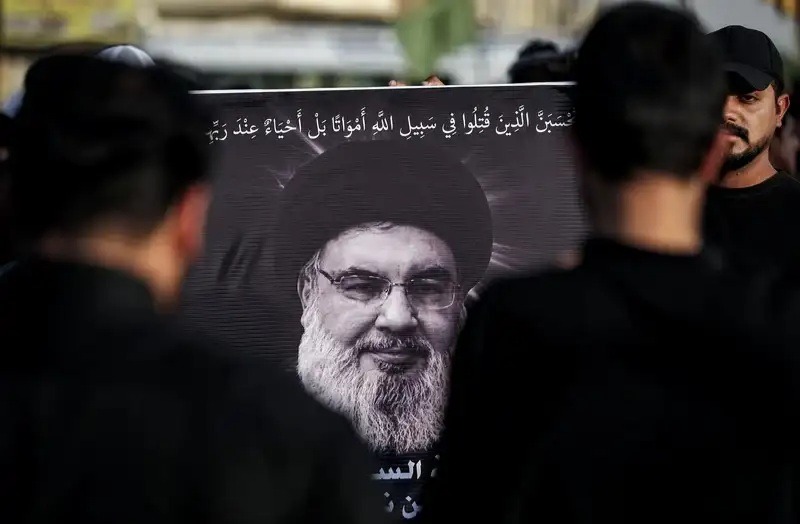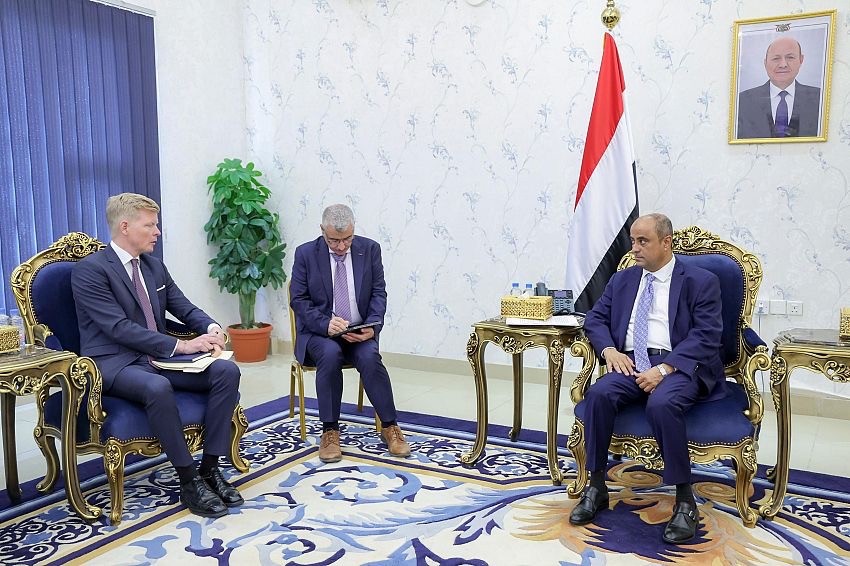
Barran Press - Washington Post
On Sunday, October 6, 2024, The Washington Post detailed a covert operation by Israeli intelligence agency Mossad, which involved selling bomb-laden “pager” devices to members of Hezbollah through a complex network of intermediaries. The operation has been described as "unprecedented" and "the most cunning in intelligence history," resulting in thousands of Hezbollah casualties and escalating tensions in the region.
According to the report, the operation began in 2022 when Mossad meticulously planned the scheme. The devices were presented as ordinary, secure communication equipment, effectively diverting any suspicions regarding their true origin.
However, the reality was starkly different; these pagers were manufactured in Israel under direct Mossad supervision. While Hezbollah believed the devices were safe, they contained precisely hidden explosives within their batteries. The explosives were designed with a complex mechanism that made them difficult to detect, even during disassembly, reflecting a high level of sophistication in planning and execution.
The concept for this operation dates back to 2015 when Mossad initially introduced bomb-laden wireless communication devices into Lebanon, primarily aimed at intercepting Hezbollah's communications. This surveillance continued for nine years, during which Mossad retained the option to convert the devices into explosives at any time.
In 2023, the second phase of the plan began, convincing Hezbollah to purchase pagers branded as "Apollo," a Taiwanese product that further obscured any potential connections to Israel. Marketing of the devices was conducted through a trusted Hezbollah marketing official, presenting them as ideal for secure communications due to their rugged design and long battery life.
By February 2023, Hezbollah acquired 5,000 of these devices, distributing them among its field operatives, unaware that they contained precisely concealed explosive charges, and that both the intermediary and Hezbollah were oblivious to their Israeli origin.
On September 17, 2024, Mossad activated the final phase of the plan, detonating thousands of the bomb-laden pagers simultaneously via a remotely sent electronic signal. The devices were designed in such a way that users had to use both hands to access encrypted messages, making it nearly impossible to avoid the blast.
The coordinated explosions resulted in the deaths or injuries of approximately 3,000 Hezbollah members, mostly non-leaders, as well as an unknown number of civilians in proximity to the blasts.
These explosions were not merely tactical strikes against Hezbollah but part of a broader Israeli strategic plan aimed at dismantling the organization from within. The success of this operation has prompted Israeli leadership to consider bolder actions, including targeting Hezbollah leader Hassan Nasrallah.
However, the potential for an Iranian retaliatory response has made this option a contentious topic within Israeli political and security circles, leading to debates about the wisdom of pursuing such a course of action.
On September 27, 2024, Israel launched a series of airstrikes on Hezbollah positions, including command centers and logistical bases in Beirut. The following day, Hezbollah officially announced the death of its leader, Hassan Nasrallah, during these strikes, marking a significant turning point in the conflict between the group and Israel.
The report noted that Nasrallah's death “was not just an organizational blow to the party but had a profound impact on the balance of power in the region." Many analysts believe that Nasrallah’s departure opens the door for strategic changes that could reshape the political and security landscape in the Middle East.





